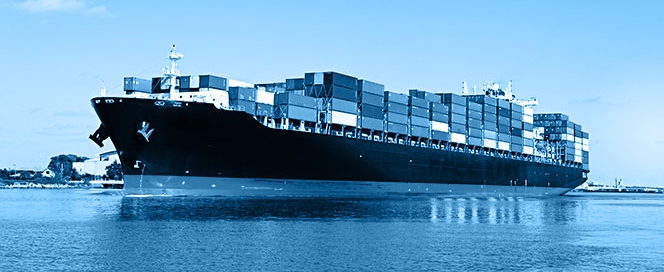International trade laws compliance
Economic Sanctions and Export Controls Compliance
Ever-changing and increasingly complex economic and trade sanctions aimed at changing widely condemned policies and actions of certain regimes are increasingly applied throughout the world today. They range from comprehensive economic and trade sanctions to more specific measures such as arms embargoes, travel bans and financial or diplomatic restrictions They can have a severe impact on businesses -restricting the extent to which they can operate within certain jurisdictions.
Dozens of intertwined domestic agencies oversee policy and compliance. All organizations with international trade face vigorous policing by the local, foreign and multinational authorities to ensure strict compliance with economic sanctions, export controls and other international trade control laws.
Without experienced legal guidance regarding even routine business transactions can run afoul of U.S. export control and sanctions laws. Damage to their relations with government officials, their stockholders and the general public.
We advise and represent clients on the range of concerns arising out of economic sanctions and export control issues.
Conflict Minerals Compliance
What is the Issue:
The imposition of national or international sanctions affecting the supply chain of raw materials from areas afflicted by conflict has become relevant to many businesses.
Physical distance from a conflict does not protect consumers, wherever located, from contributing to foreign struggles and civil unrest. For example armed groups mine resources such as cassiterite, columbite-tantalite (coltan), gold, wolframite and their derivatives — the so-called 3Ts (tantalum, tin and tungsten, and with gold, the so-called “3TG” minerals) to fund conflicts. These minerals are used in the manufacture of many products that we use on a daily basis, such as cellphones and computers.
Supply chain transparency and diligence are vital if companies and consumers wish to avoid contributing to civil unrest in areas such as the Democratic Republic of Congo and adjoining countries, or of being the targets of unwanted media attention. Social issue-focused groups such as the US Government Accountability Office, the Organization for Economic Co-operation and Development (OECD), the Electronic Industry Citizenship Coalition (EICC) and the Global e-Sustainability Initiative (GeSI) have been working to raise awareness and bring about change including increasing scrutiny of organizations.
The rule is a novel attempt to use securities laws to curtail human rights abuses in the Democratic Republic of the Congo and adjoining countries. The goal is to choke off funding for warlords accused of committing atrocities and using forced labor in mines to finance their activities.
Laws against conflict minerals in the supply chain have spread to Europe following their introduction in the US in 2010 under the Dodd-Frank Act.
In March, 2014, the European Commission proposed legislative measures designed to encourage the responsible sourcing of conflict minerals. The draft legislation remains subject to approval by the EU Parliament and the EU Council, and is expected to be voted on later this year. If approved, the measures will (i) set up an EU-wide system of self-certification for importers of 3TG, (ii) lead to the publication by the EU of a list of EU and ex-EU “responsible smelters and refiners,” and (iii) provide for incentives to encourage supply chain due diligence.
The 2010 U.S. law legislation requires certain public companies to provide disclosures about the use of the 3TG conflict minerals emanating from the Democratic Republic of Congo and nine adjoining countries. By requiring companies using conflict minerals in their products to disclose the source of such minerals, the law is aimed at dissuading companies from continuing to engage in trade that supports regional conflicts.
By seeking to eliminate conflict minerals as far as possible from supply chains, new laws aim to:
- Keep money out of the hands of rebel groups;
- Facilitate economic growth that provides conflict-affected regions with the prospect of a better and more peaceful future;
- Ensure that revenues from valuable natural resources go to established governments to enable strengthening of the rule of law and the improvement of vital services such as health and education.
How we can assist: We can help you to manage the impact of conflict minerals laws, including:
- assessing the applicability of products to the rule,
- determining how to conduct a well-designed country of origin inquiry,
- determining what constitutes an adequate due diligence and Conflict Minerals Report,
- ensuring conflict minerals due diligence is legally compliant without going beyond what is reasonably necessary,
- the practical aspects of implementing and managing organization-wide conflicts minerals policies and procedures,
- insights into market response, to ensure appropriate positioning with consumers and competitors.

